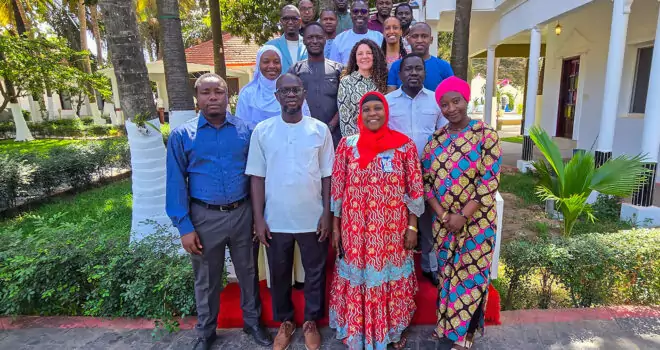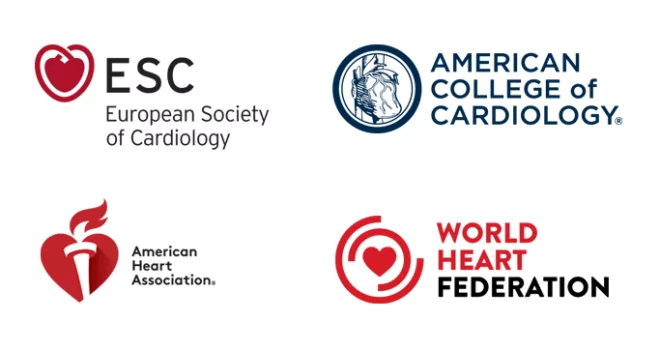On 01 June 2017, the Executive Board of the World Health Organization recommended a Resolution on ‘Rheumatic Fever and Rheumatic Heart Disease’ for adoption at the 71st World Health Assembly in 2018.
Once adopted by the full World Health Assembly after further discussions in May next year, the Resolution will represent the first global commitment on RHD to be endorsed by all governments.
This represents a significant step forward for the cardiovascular community, as this global policy will demand national and international decision-makers to take action to prioritize and fund RHD prevention and control in all endemic settings.
The Resolution document itself was written by a group of governments, led by New Zealand, who recognized that RHD could no longer be ignored.
Speaking during the EB discussions, the representative from New Zealand called RHD a ‘significant, preventable public health problem’ whose burden ‘disproportionately affects women and young people’.
His call to action was echoed by outgoing WHO Director-General Dr Margaret Chan. She drew attention to the 33 million people living with RHD around the world, and urged Member States to act, saying ‘we can get most of the cases prevented’.
During the discussions, the World Heart Federation delivered a policy statement which called for strong commitment to the ‘coordinated global response’ and stressed the importance of sustained funding and setting clear goals and targets to guide progress. The statement also called for people living with RHD and front-line health workers to be meaningfully engaged in designing and implementing the work ahead.
A number of Member States strongly supported the Resolution; we have included a selection of quotes from Member State representatives below:
Benin: “As the report makes clear RHD is an avoidable public health problem.”
Canada: “For [tackling] RHD this means addressing social determinants of health like overcrowding low socio-economic status and lack of access to health care.”
Fiji: “Rheumatic heart disease is a preventable disease, but sadly many innocent children have acquired this disease as a consequence of circumstances well beyond their control.”
Iraq: “As recently stated by the RHD global community, it is time to tackle RHD and revive WHO work in this field.”
Italy: “We have an ethical duty to address [RHD] as a priority in our agenda.”
Pakistan: “It is high time we take action to prevent, control and eventually eliminate RHD from our populations.”
If you have any questions regarding the Resolution process, please contact resolution@rhdaction.org.


